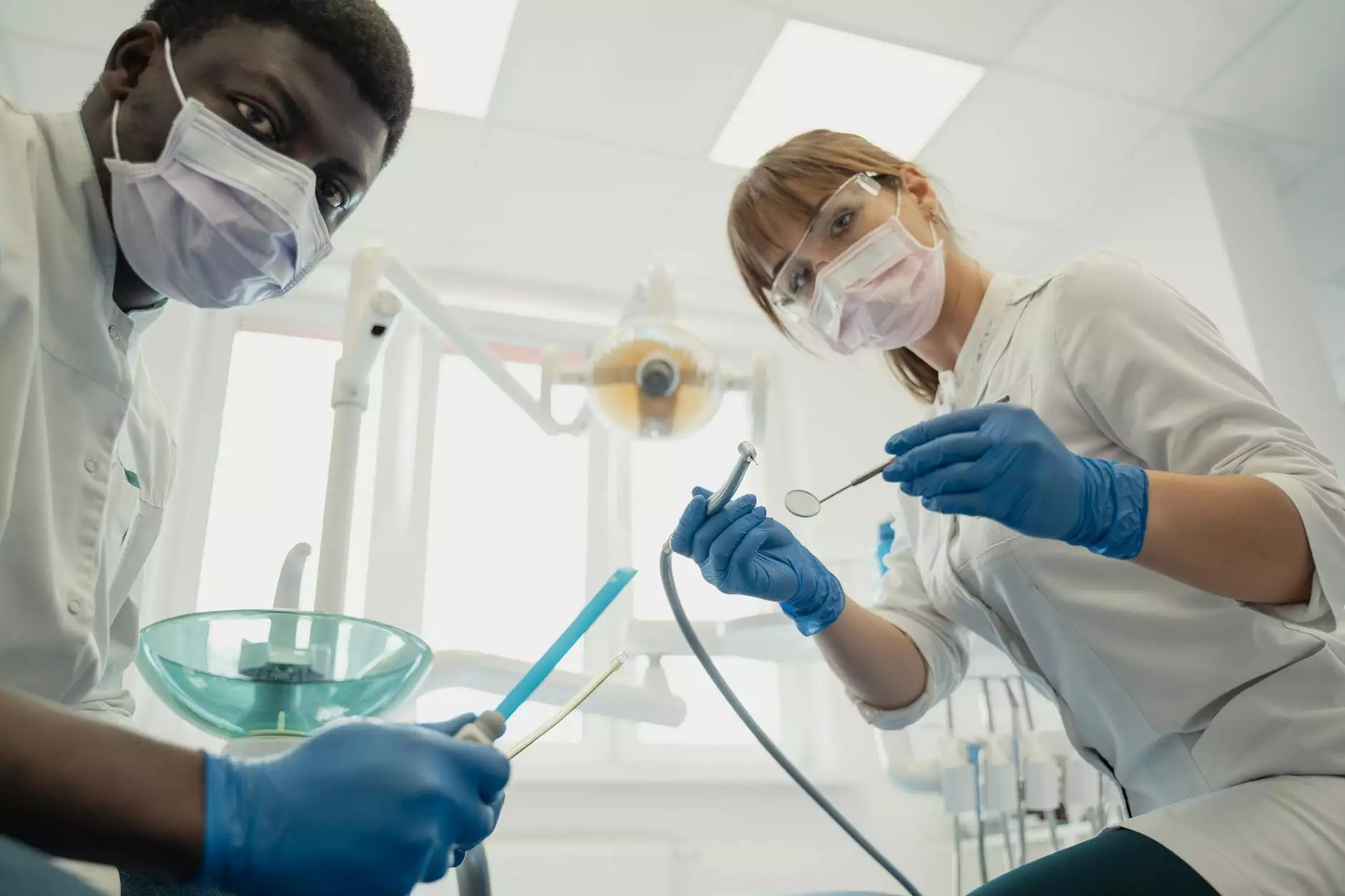What is a Deep Vein?

When it comes to understanding the complexities of our vascular system, it's important to explore the different types of veins that circulate our blood. One such type is a deep vein, and in this article, we will dive deep into the world of deep veins and their significance in vascular medicine. At the Vein Center of Arizona, our team of experienced doctors specializes in the field of vascular medicine, ensuring top-notch care for all your health and medical needs.
The Basics of Deep Veins
Deep veins are an integral part of our circulatory system. They are located deeper within the body, running alongside major arteries. These veins play a critical role in returning oxygen-depleted blood back to the heart for reoxygenation.
Compared to their superficial counterparts, deep veins have thicker walls and larger diameters. They are designed to withstand the higher pressure exerted on them as blood is transported against gravity towards the heart. Additionally, deep veins are equipped with one-way valves that ensure blood flows in the correct direction, preventing backflow and maintaining optimal circulation.
Importance of Deep Veins in Vascular Medicine
Deep veins are crucial in diagnosing and treating various vascular conditions. They form a network that works in harmony with other components of the circulatory system, such as arteries and superficial veins. Understanding the function and structure of deep veins is essential for an accurate diagnosis and effective treatment of vascular diseases.
At the Vein Center of Arizona, our doctors specialize in vascular medicine, which includes conditions related to deep veins. From deep vein thrombosis (DVT) to chronic venous insufficiency (CVI), our experienced team is dedicated to providing personalized care that focuses on improving your vascular health and overall well-being.
Recognizing Deep Vein Thrombosis (DVT)
Deep vein thrombosis (DVT) is a common condition that occurs when blood clots form within the deep veins of the body, typically in the legs. This can lead to potentially serious complications if left untreated. Common symptoms of DVT include:
- Pain, tenderness, and swelling in the affected leg
- Warmth and redness over the affected area
- Visible engorged veins
- Leg fatigue and cramping
- Vein discoloration and skin changes
- Persistent cough and shortness of breath (if a clot travels to the lungs)
If you experience any of these symptoms, it's crucial to seek immediate medical attention. Our doctors at the Vein Center of Arizona can provide accurate diagnosis and tailor a treatment plan to alleviate your symptoms and prevent complications.
Treating Deep Vein Conditions
With advancements in modern medical technology, various treatment options are available to address deep vein conditions. The choice of treatment depends on the specific condition and the overall health of the patient. At the Vein Center of Arizona, we offer comprehensive services to treat conditions related to deep veins, including:
- Minimally invasive procedures
- Compression therapy
- Medication management
- Lifestyle modifications
- Follow-up care and monitoring
Our doctors prioritize patient education to ensure you have all the information necessary to make informed decisions about your treatment. We are committed to providing the highest quality of care, supporting you throughout your journey towards improved vascular health.
Contact the Vein Center of Arizona Today
When it comes to your vascular health, consulting experienced doctors who specialize in vascular medicine is essential. At the Vein Center of Arizona, our team of dedicated professionals is passionate about providing exceptional care tailored to your unique needs.
If you have any concerns about deep veins and any related conditions, don't hesitate to reach out to us. Schedule an appointment with the Vein Center of Arizona today and take the first step towards a healthier vascular system.
Note: This article is for informational purposes only and should not be considered medical advice. Please consult with a qualified healthcare professional for proper diagnosis and treatment of your condition.
what is a deep vein








